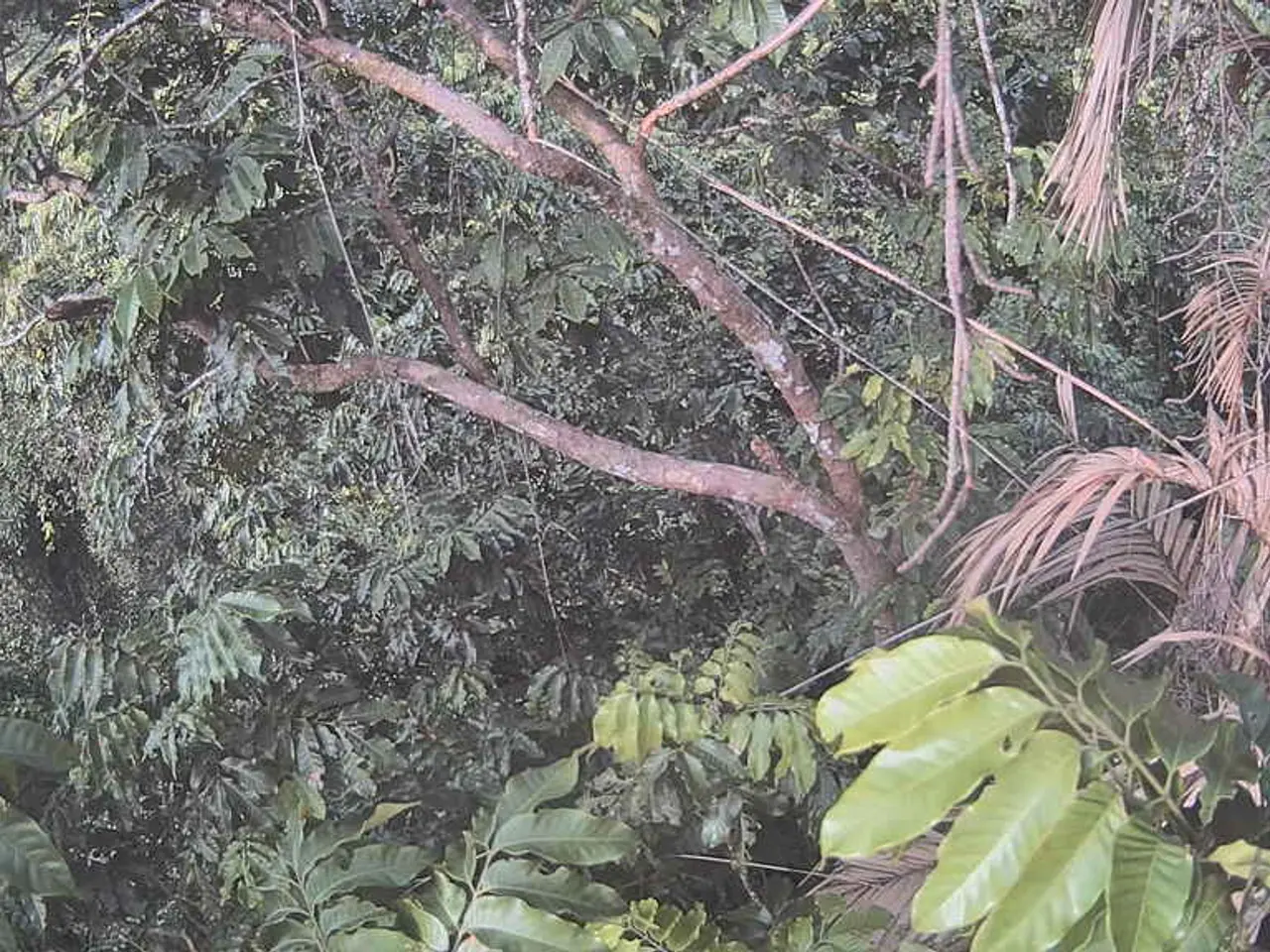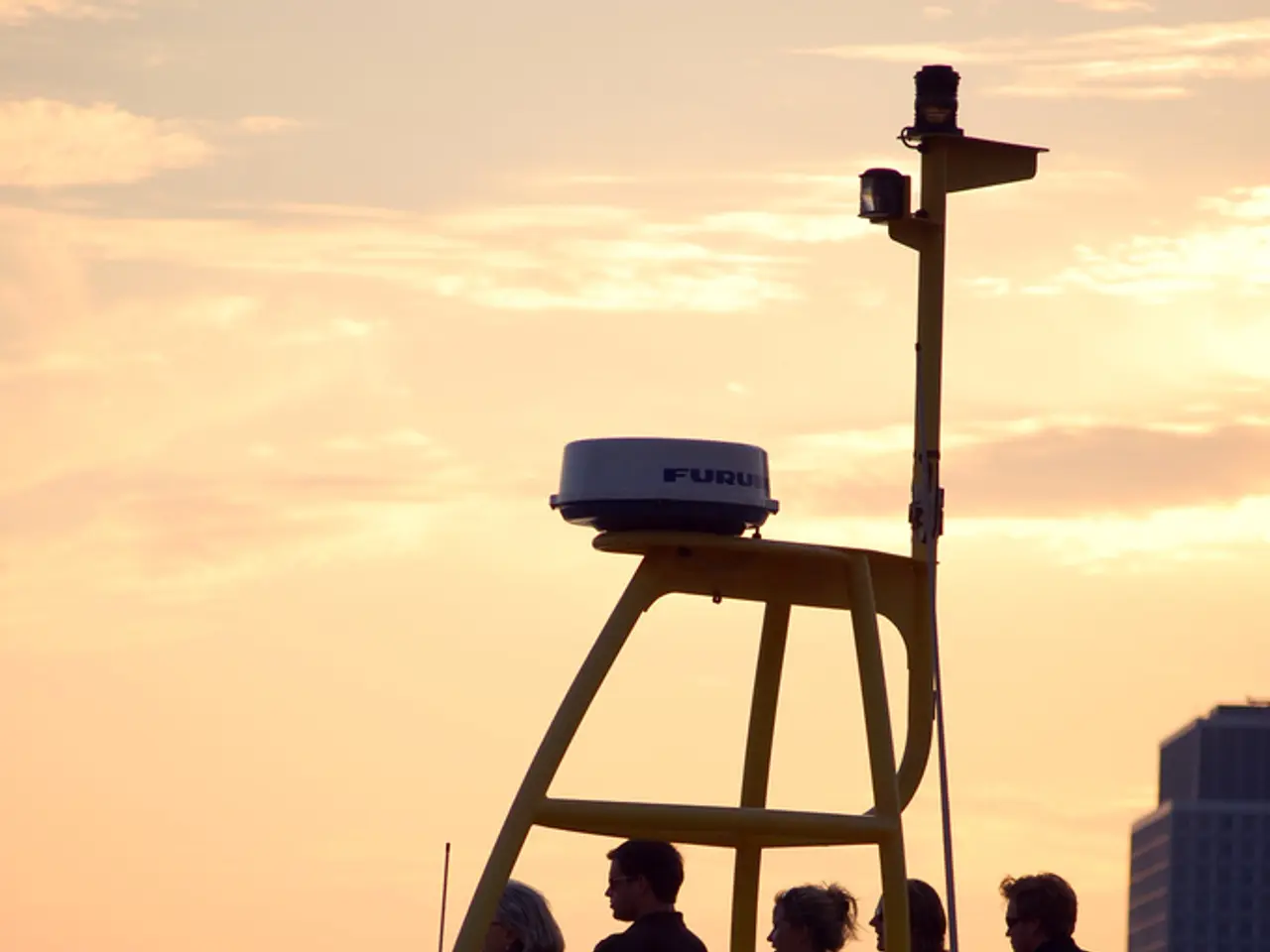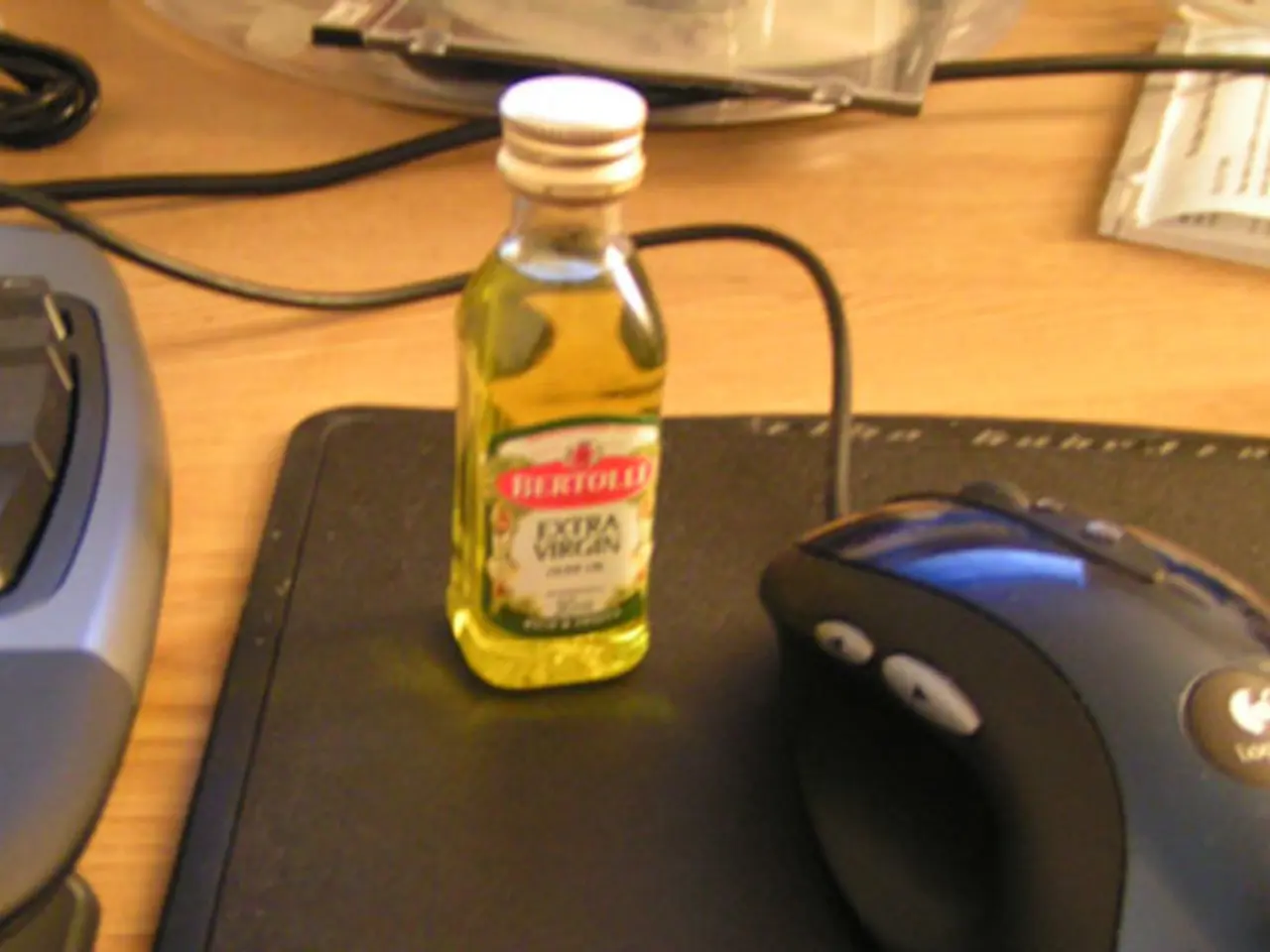Catastrophic Decline of Palm Oil Industry
In the heart of Southeast Asia, palm oil plantations are a major driver of deforestation, threatening the survival of nearly 200 vulnerable or endangered species, including orangutans, gibbons, and tigers. However, a new innovation may offer a sustainable alternative.
C16 Biosciences, a startup founded by Shara Ticku and Harry McNamara, is working on synthesizing palm oil in a lab. The company, supported by New York University's Langone Medical Center, plans to have a commercial product available by summer 2020, first in cosmetics and later in food.
Lab-engineered alternatives to palm oil, such as fermentation-derived oils like Torula oil, have shown promising effectiveness in reducing the environmental impact associated with conventional palm oil production. These alternatives can be produced using yeast fermentation fed by sugars from food waste, bypassing the need for plantation-driven palm oil and thus helping to reduce deforestation, habitat loss, and biodiversity damage linked to palm plantations.
These bio-based innovations offer several environmental advantages. They have a lower carbon footprint due to elimination of extensive land use and reduced transportation since production can be localized. They also reduce deforestation and habitat destruction as they avoid clearing tropical forests for palm plantations. Furthermore, they promote more sustainable resource utilization by using waste sugars rather than relying on arable land that could compete with food production.
While these lab-engineered palm oil alternatives appear effective in minimizing the ecological footprint of palm oil, they are still emerging innovations at the startup and development stage and may require scale-up and broader market adoption to substantially reduce the global impact of palm oil.
Traditional palm oil remains highly efficient as an oil crop, yielding more oil per hectare than other vegetable oils. However, the environmental damage caused by unsustainable plantation practices—such as rainforest clearing and biodiversity loss—remains a critical concern. Efforts in sustainable palm oil production focus on certification schemes and improved agronomic practices to reduce harm, but these do not eliminate the fundamental land-use issues that lab-grown alternatives can address.
The world consumed nearly 70 million metric tons of palm oil in 2018, more than any other vegetable oil, and the consumption rate is quickly rising. The greenhouse gas emissions from palm oil-related deforestation and fires in Indonesia alone have at times exceeded those of the entire US economy. Fires and haze linked to palm oil plantations have resulted in over 100,000 deaths and $30 billion in economic losses in Indonesia.
Ivana Gazibara, associate director of Forum for the Future, states that most alternative oils researched are still three to four times the cost of palm oil. However, the team at C16 Biosciences aims to replace traditional sugar with food waste as a feed source for the yeast, making their product more cost-effective.
Cosmetics make sense as a starting point for synthetic alternative oils due to lower regulatory barriers compared to food. Gazibara suggests that the regulatory barriers and a risk-averse industry in the food sector will need to be addressed for synthetic alternative oils to make a significant impact. The ultimate target for synthetic alternative oils to make a big environmental impact is the food sector, where most of the volume of palm oil consumption lies.
Biotech is a rapidly evolving industry, and in the case of palm oil, may be able to advance faster than agronomics and forest policy in the countries worst affected by its production. Palm oil plantations cover an area around half the size of France globally.
One-fifth of the world's palm oil supply is certified by the Roundtable on Sustainable Palm Oil, a nongovernmental certification board that requires its members to uphold high standards of transparency, environmental protection, and labor rights. However, many companies that committed to sustainable palm oil sourcing still do business with "dirty" producers, according to a 2018 Greenpeace report.
Shara Ticku's realization about palm oil came from a smog incident in Southeast Asia in June 2013, caused by wildfires on Indonesian islands for palm oil tree plantations. This event underscores the urgent need for sustainable alternatives to conventional palm oil production. With C16 Biosciences' lab-grown palm oil, we may be one step closer to a more sustainable future.
[1] Source: Various reports and studies on lab-grown palm oil and its environmental impact.
- C16 Biosciences, a new venture, is synthesizing palm oil in a lab with the aim of offering a sustainable alternative to conventional palm oil production.
- Lab-engineered palm oil alternatives, like Torula oil, have shown potential in reducing the environmental impact associated with traditional palm oil production, by avoiding the need for plantation-driven palm oil and thus reducing deforestation and habitat destruction.
- The environmental advantages of these bio-based innovations include a lower carbon footprint, reduced deforestation, better resource utilization, and less habitat destruction.
- However, these lab-engineered alternatives are still at the startup and development stage, and substalial reduction in the global impact of palm oil will depend on scale-up and broad market adoption.
- Traditional palm oil remains highly efficient as an oil crop, but the environmental damage from unsustainable plantation practices, such as rainforest clearing and biodiversity loss, remains a critical concern.
- Despite regulatory barriers and a risk-averse industry in the food sector, the ultimate target for synthetic alternative oils like C16 Biosciences' lab-grown palm oil is the food sector, where most of the volume of palm oil consumption lies.




